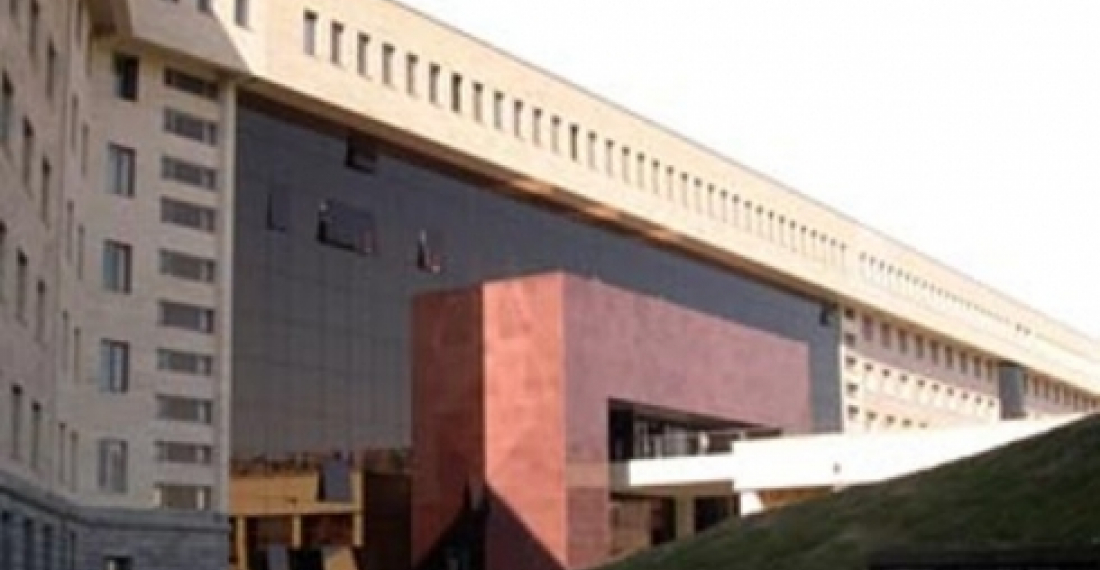Armenian Military sources say that a twenty six year old soldier, Hrant Poghosyan was shot dead by Azerbaijani fire on the line of contact in the vicinity of the village of Movses, near Berd, on Sunday at around 5.00 p.m. Poghosyan was a conscript serving in the Armenian Army. He was married and had one child.
Armenian military sources blamed Azerbaijani fire for the killing. A source told Armenian media that since an appeal by the OSCE Minsk Group co-chair on 5 November, Armenian Forces had, on orders of the Defence Minister Seyran Ohanyan, refrained from firing a single shot. The source said that due to this incident the response of the Armenian forces will now be "preventive and severe".
On Saturday, Azerbaijani military sources said that Armenian army units fired on the positions of Azerbaijani Army in Jafarli village of Azerbaijan's Gazakh region from their posts in Azatamut village of Armenia's Icevan region. The sources also said that the positions of the Azerbaijani Army were also fired on from the positions near Tapgaragoyunlu village of Goranboy region, Bash Garvand village of Aghdam region.
The diplomats of the OSCE Minsk Group representing the co-Chair countries - France, Russia and the United States, are currently in the region. On Sunday they met with the Azerbaijani President Ilham Aliyev. They are expected to meet the Armenian president Serzh Sargsyan in Yerevan in the next days. The diplomats have so far failed to convince the sides to engage in confidence building measures on the line of contact, including the withdrawal of snipers.
source: commonspace.eu with Armenian and Azerbaijani media.
photo: Armenian Defence Ministry in Yerevan.







